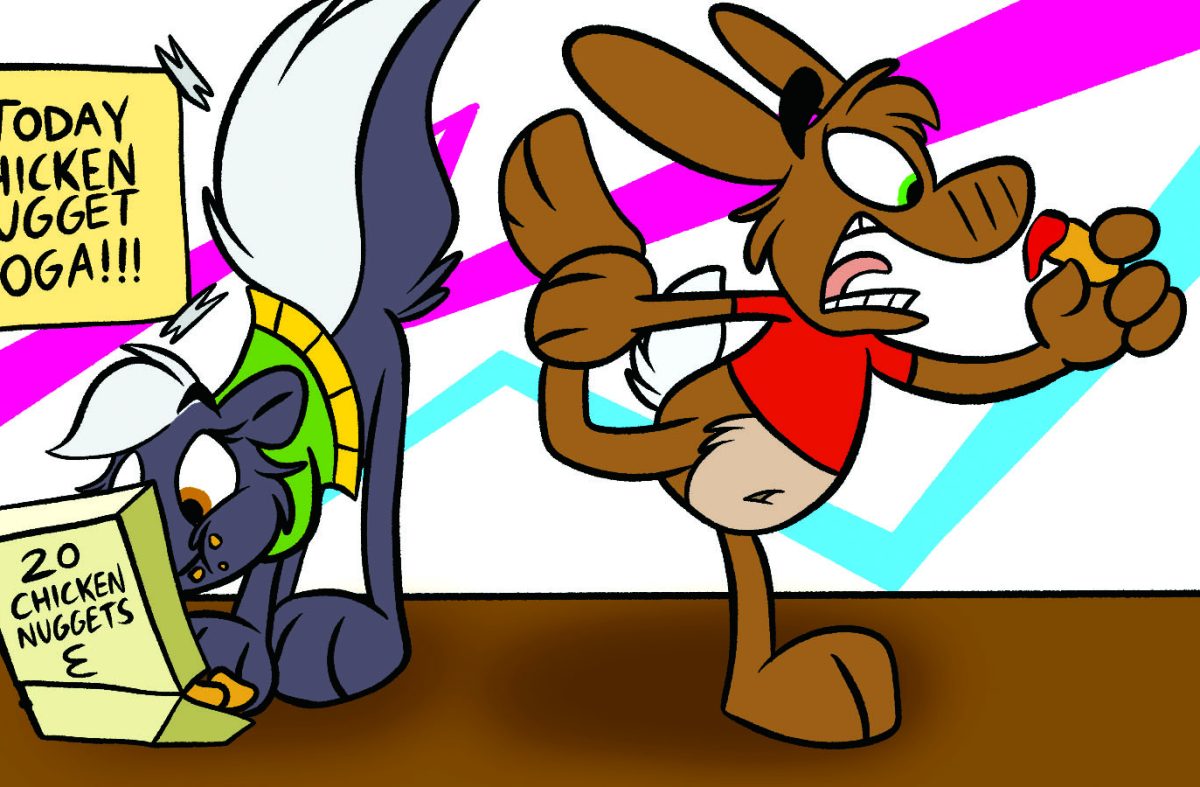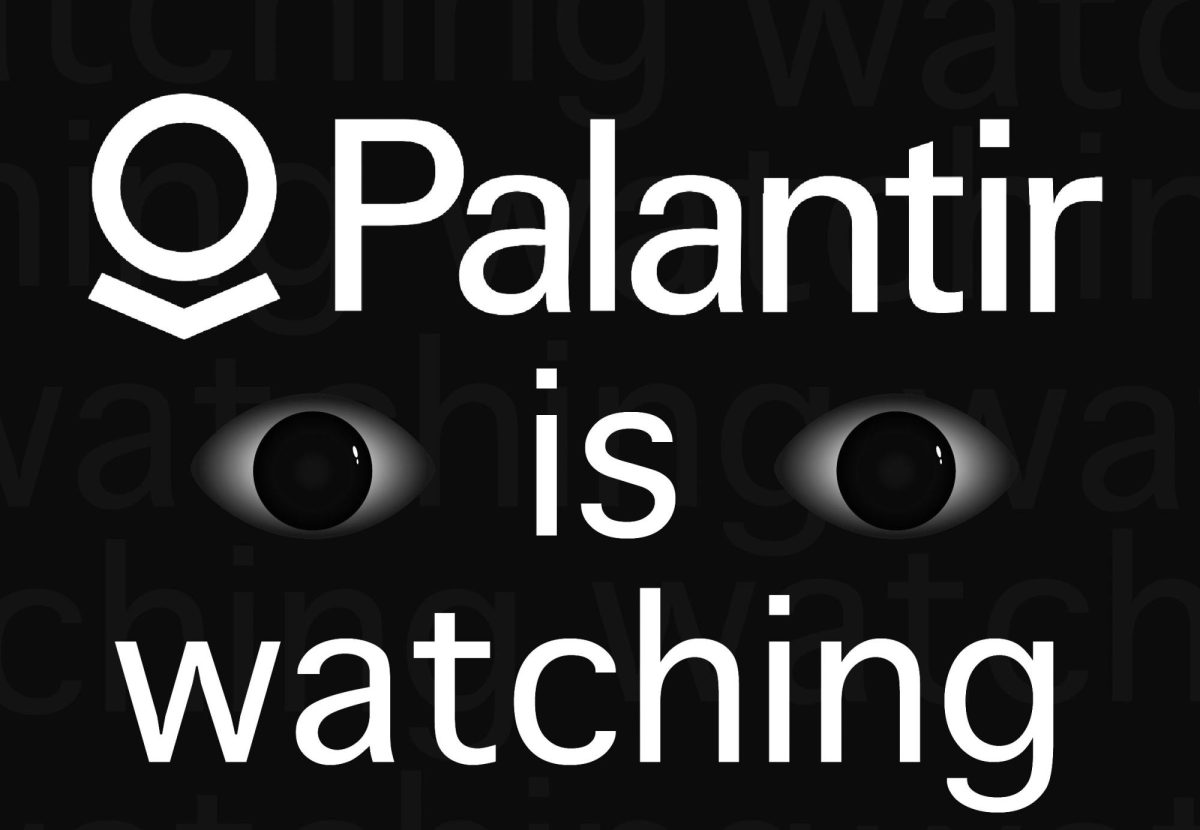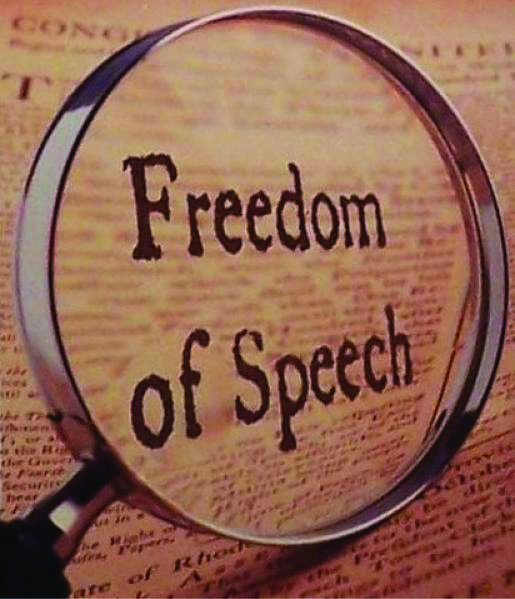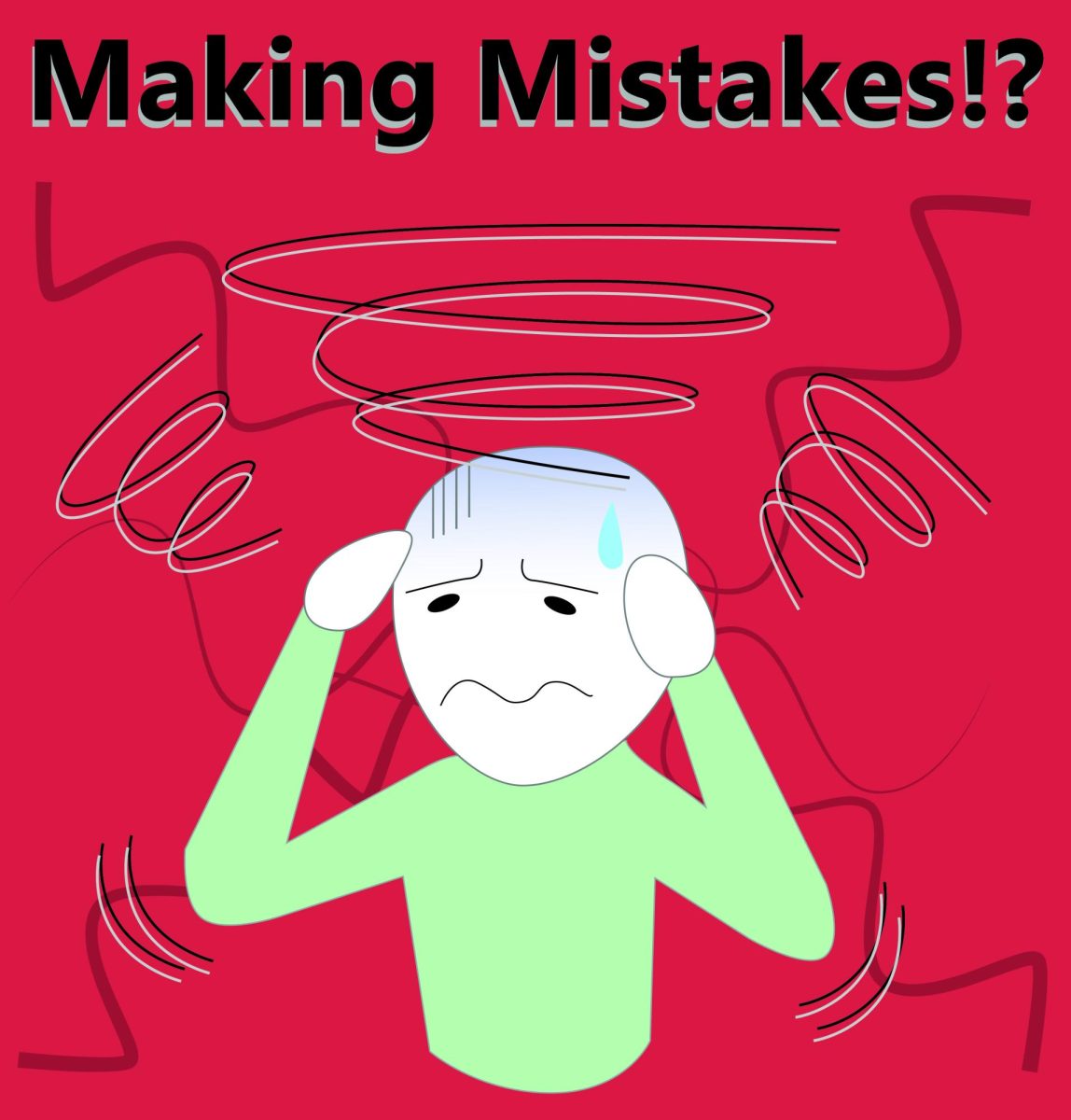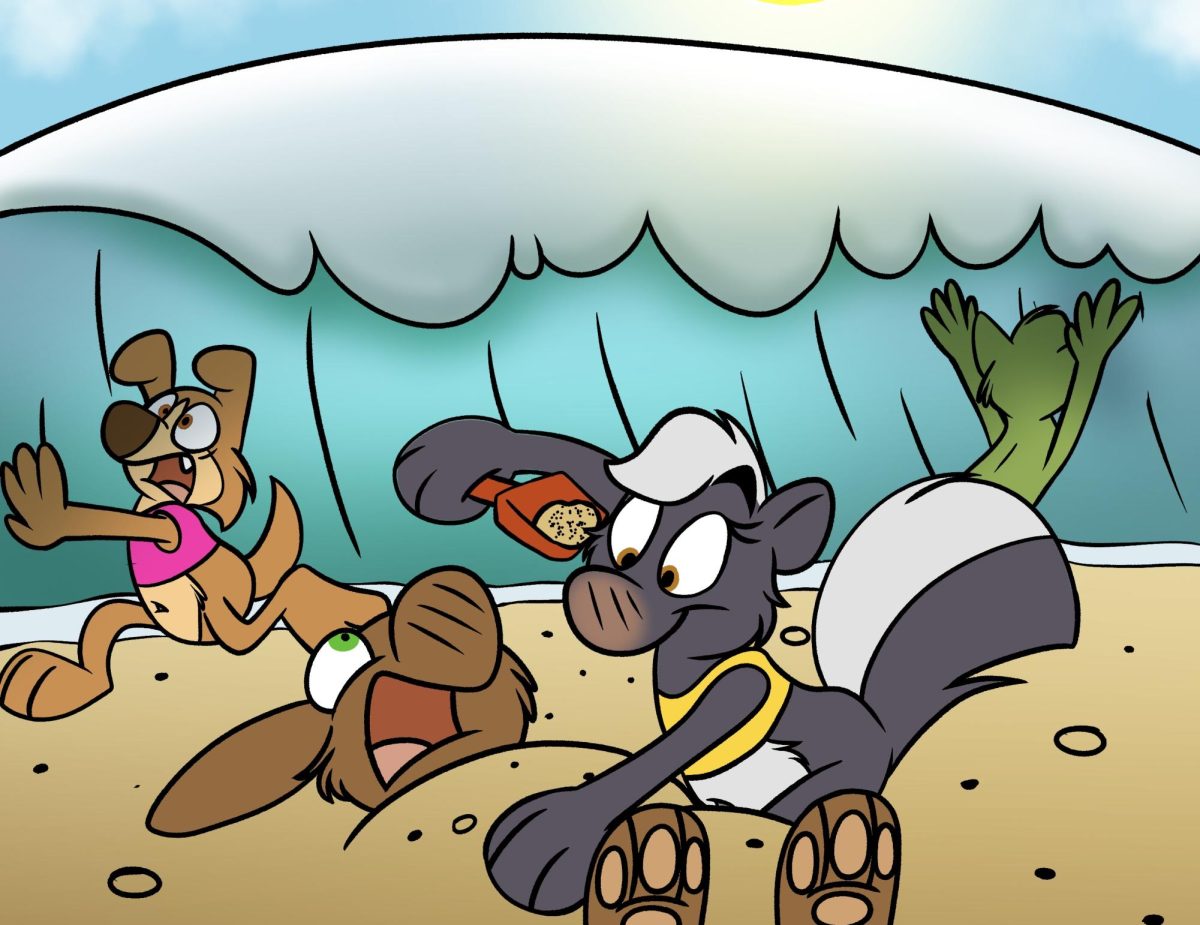It’s a distressing time for everyone right now, but one of the tried and true ways people cope with the current unruly state of the world is by taking refuge in faith, regardless of religion or denomination. Sadly, with the death of Pope Francis, the world lost one of its most prominent religious leaders. Pope Francis guided the Catholic Church through dark times and stood up for those who needed it most.
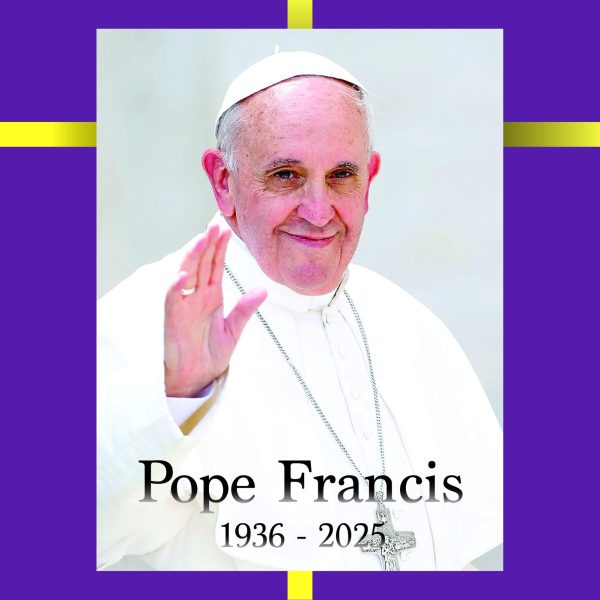
Born in Buenos Aires in 1936, Pope Francis (born Jorge Mario Bergoglio) was the eldest of five children in a family of Italian immigrants who had fled Italy to escape the fascist rule of Benito Mussolini. When he was about 21 years old, he suffered a near-fatal case of pneumonia that led to the removal of a portion of his right lung. He entered the Jesuit novitiate in 1958 and began to study the humanities in Santiago, Chile, earning a licentiate (the equivalent of a masters degree) in philosophy. Bergoglio was ordained a priest in 1969, took his final vows in the Jesuit order in 1973 and later served as superior of the Jesuit province of Argentina.
Bergoglio’s tenure as superior of the Jesuits coincided with the military coup in Argentina led by Lieutenant General Jorge Rafael Videla. Bergoglio later claimed to have hidden several people from the authorities, even helping some of them flee the country.
In 1992, he was appointed auxiliary bishop of Buenos Aires before being promoted to Archbishop — a post he held until his election to the papacy — and was consecrated a cardinal in 2001.
During the economic crisis of the late 1990s and early 2000s in Argentina with the rapid devaluation of the country’s currency, Bergoglio gained a reputation for his humility, living in a simple downtown apartment rather than in the archbishop’s residence and traveling by public transportation or on foot rather than a chauffeured limousine. He became an outspoken advocate for the poor and an able politician, artfully promoting the church’s position on social matters during meetings with government officials. However, his theological conservatism put him at odds with the center left administrations of President Néstor Kirchner and his wife/successor Cristina Fernández de Kirchner. Bergoglio was a particularly vocal critic of Fernández’s social initiatives, like the legalization of same sex marriage. Fernández, in turn, portrayed him as a right wing extremist and supporter of the Videla dictatorship.
In 2013, Pope Benedict XVI resigned from the papacy, citing old age and health concerns. A conclave convened in early March, hoping to elect and install a new pope by the impending Easter holiday. Bergoglio was elected on the fifth ballot and chose the name Francis, in honor of St. Francis of Assisi, who lived a life of humble service to the poor and St. Francis Xavier, a founding member of the Jesuits.
Francis took charge of the church during a dark time. Several scandals, particularly the clergy sexual abuse scandals that first arose in the 1980s and 1990s, undermined the church’s stature and left it with a negative reputation, particularly in the United States and Europe.
In his earliest public addresses and his first public mass, Francis called for a spiritual renewal within the church and greater attention to the plight of the poor, sternly condemning the forces that diverted the church from its ministry.
Francis soon became noted for making statements that conveyed an openness to different perspectives of Catholic doctrine, particularly regarding social issues and sexual ethics.
The lingering effects of the sexual abuse scandals served as a challenge for Francis’ papacy. During a visit with Dutch bishops in December 2013, he prayed for the victims of sexual abuse and urged the bishops to reach out to them and their families.
In January 2014, the United Nations Commission on the Rights of the Child recommended the Vatican adopt procedures for the mandatory reporting of suspected child abusers to law enforcement authorities, but was rebuffed later that year on jurisdictional grounds. Critics observed that the Vatican was slow to punish and defrock priests who were known pedophiles.
Francis also became an outspoken advocate for the environment, issuing “Laudato si,” the second encyclical of his papacy. In it, he proclaimed the degradation of the environment to be a moral issue spurred by greed and unchecked capitalism, which causes human beings to lose sight of the common bonds that bind them together and to neglect Earth, their common home. “Laudato si” was issued before the Paris Climate Agreement of 2015, a time of contentious debate about climate change. It initially polarized many Catholics, particularly in the United States, but it also spurred change in many dioceses and parishes.
Pope Francis left behind a legacy of helping the forgotten and less fortunate when they need it most and caring for our planet. I, along with many others, genuinely hope that the next pope can carry on Francis’ mission of love for his fellow man.


